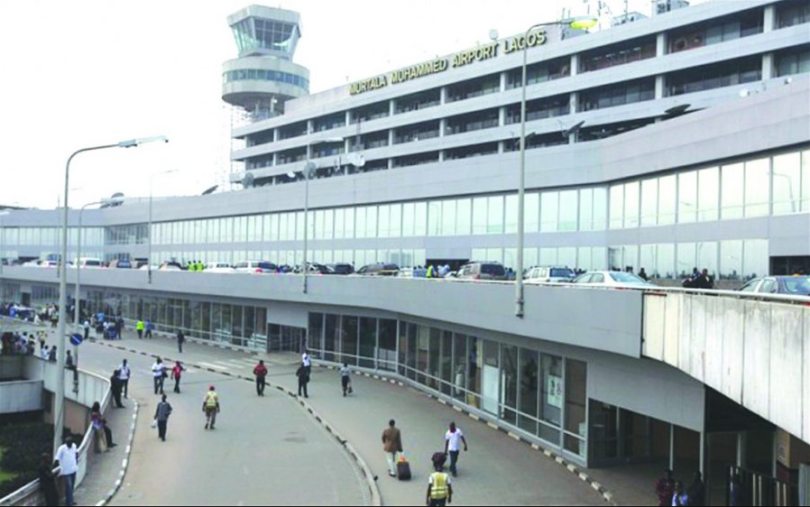More facts have emerged on why the Nigerian aviation industry failed to scale the hurdle at the just concluded Universal Safety Oversight Audit Programme (USOAP) of the International Civil Aviation Organisation (ICAO), scoring 70% of the 75% benchmark.
TheWitness gathered over the weekend that the lack of Instrument Landing Systems (ILSs) at most of the airports and the downgrading of the lighting systems from Category (CAT) 2 or 3 to CAT 1 by the Nigeria Civil Aviation Authority (NCAA) due to the absence of the runway lightings were responsible for the scores.
The airports were downgraded following their failure to meet the required standards, it was learnt, it was learnt.
A source close to the NCAA confided in our correspondent over the weekend that before the country embarked on the ICAO safety audit, the apex regulatory body, downgraded the ILS or the lighting of most of the airports from either CAT 2 or 3 to just CAT 1.
While the ILSs are under the purview of the Nigerian Airspace Management Agency (NAMA), the Federal Airports Authority of Nigeria (FAAN) is responsible for installing the runway lights at all federally-owned airports.
It was learnt that before the just concluded audit, NCAA had to downgrade the Mallam Aminu Kano International Airport (MAKIA), Kano and the Nnamdi Azikiwe International Airport (NAIA), Abuja to a single approach, while the Port Harcourt International Airport (PHIA), Omagwa, to Visual Flight Rules (VFR) because the airports failed to meet the minimum requirements for flying.
The downgrading of Port Harcourt Airport to VFR only indicates that the aerodrome despite being an international airport can only operate 7 a.m. to 6 p.m. service (sunrise).
Confirming the development, Capt. Musa Nuhu, the Director-General of Civil Aviation (DGCA), said that the absence of some of these equipment affected the scores of the country in the just concluded audit.
He also confirmed that all the airports in the country were struggling to meet the CAT 1 requirements despite the downgrade from CAT 2 or 3.
ICAO carried out a safety audit in Nigeria between August 30 to September 10, 2023
The NCAA had scored 70 per cent in Effective Implementation (EI), and 90% in Legislation, a reduction from the 95% it scored in the last audit, while it scored 83 per cent in Organisation compared to its 100% score last time around.
In Personnel Licencing, the CAA scored 84%, while it scored 62% in Operations, compared to its last score of 57 per cent.
The Nigerian Safety Investigation Bureau (NSIB) scored 89.25% in the ICAO audit.
In the area of aerodrome, which is under FAAN, the country scored 56%, while Nigeria scored 44% in ground aids. Ground aids are under NAMA.
The audit focuses on a State’s capability to provide safety oversight by assessing whether the state has implemented the Critical Elements (CEs) of a safety oversight system effectively and consistently.
According to ICAO, this enables the State to ensure the implementation of ICAO’s safety-related Standards and Recommended Practices (SARPs) and associated procedures and guidance material and provides ICAO with a means to continuously monitor the States’ fulfilment of their safety oversight obligations.
But, Nuhu clarified that no country fails or passes the ICAO audits.
Rather, he said that ICAO issued countries some months to close all the open items noticed during the exercise.
Nuhu stated that Nigeria did not have any security concerns during the audit, but said the score was below global average.







